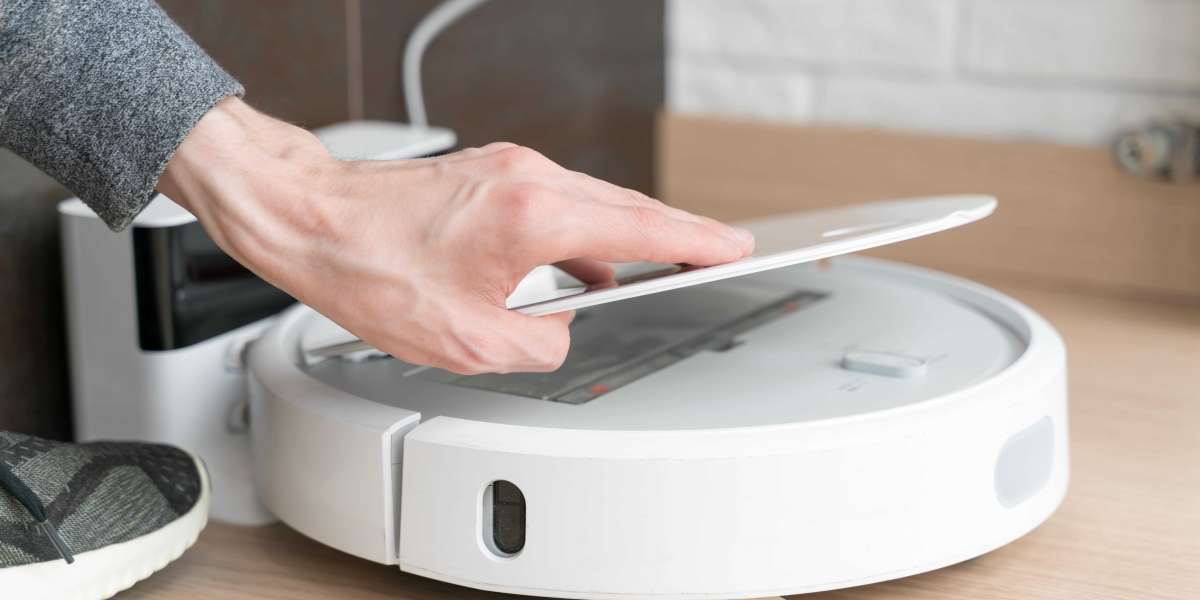It is a good idea to learn driving at a driving school if you are an ex-pat. They will handle all the paperwork for you and reduce your wait time for a test date.
 It could take anywhere from a couple of weeks or even months to get your French license (Permis D de conduire) that comes in the form of a pink credit card.
It could take anywhere from a couple of weeks or even months to get your French license (Permis D de conduire) that comes in the form of a pink credit card.Theory test
The driving theory test, or the code, is a key step in the French driving license process. You can prepare for the test by reading a manual and using mobile apps to help learn. The test is about road safety and traffic laws. You can also take a free online test to practice. The test is conducted using tablets at the test center, and you must correctly answer at least 35 questions to pass.
Like most countries as with most countries, the French driver's licence can only be obtained after passing the practical and theoretical test. However the French driving test is known for being difficult. According to the statistics that only 54.4% of men and 59.2 percent of women passed the theory test for the first time. The pass rate for the practical exam was even lower, with 58.6 percent of males and 52.8 percent of women. People who suffer from disabilities or health issues may have to undergo extra tests.
You can take the theory test at a driving school, who will manage your lessons and test for you, or you could take it as an individual candidate. You need to register for the number "NEPH – numéro d'enregistrement préfectoral harmonise" on the website of the government agency ANTS. This number is needed to book a date for the theory test.
Many driving schools such as Pass Rousseau offer online preparation courses that include live online practice and live classes. These courses can be expensive, but they can also save time. Some schools, like Fehrenbach cater to English students. However they cost more than a traditional French driving school.
If you hold a valid driving license from a member country of the European Union and a residence permit, you are able to exchange your licence for one in French one. The process is lengthy, and you must provide a translation by an official translator.
You can still take the test if you don't speak French by using a translator. You can take the test as many times you wish and without a waiting time. The cost for the regular theory test is EUR30.
Practical test
If you are planning to drive a car in France, you must pass a theory exam (known as le Code) and a practical test. You can take both tests through a driving school which will organise the tests and lessons for you or on your own as an external candidate. If you choose to be an independent candidate, you must sign up for an NEPH number - Numero Prefectural harmonise, d'enregistrement on the official website of the government agency ANTS.
The exam, also known as le Code, consists of 40 questions with multiple-choice answers, covering topics like traffic laws, road safety rules and driving rules. You can download free apps and study guides online, or purchase the Code de la Route in a bookshop. It's possible to get an "A" grade if you score 20 or more points, provided you don't make any mistake that could be considered to be a grave error (crossing a solid line, driving to the left, not obeying a stop sign or ignoring the priority rules).
During the test, a judge will evaluate your ability to drive under normal conditions of traffic in the vehicle you choose. The test is composed of 25 minutes of driving and will last for approximately two hours. The examiner will also ask you to demonstrate your understanding of basic first aid. The test can be taken five times over the course of three years.
You can take a tutor along to the test as an outside candidate. But, they can't charge more than a lesson. If you are an instructor at a driving school, you can bring an instructor along for the test. If you fail the test, you are able to repeat it up to five times.
It is important to note that the theory and the practice tests are both conducted in French, so you'll need an excellent level of proficiency in the language. Start studying the language before you move to France. The test can be challenging for non-French speakers. You should aim to have a decent level of proficiency by the time you take the test.
Passing the test
There are a few points that new drivers need to know before taking the test for their French driving license. Before they can drive in France, they must pass the theory and practical tests. Additionally, they must have their vehicle insured in France and purchase a pollution label (called"conduit accompagnee") "conduit accompagnee").
Le code is the first step. The exam consists of multiple-choice tests and an oral explanation. The second part is taking the practical test which is a harder test and requires a lot of practice. The examiner will want you to show your understanding of the rules of the road and also what to do in an emergency, such as if someone is badly injured or is unconscious.
After passing the theory and practice test after which you will receive the certificate d'examen de permis de conduire. The document is valid for 4 months and can be downloaded onto your smartphone or tablet. This is what you will need to show the police when you are stopped. The word "favorable" will appear at the end of the document.
You must renew your driver's licence every 15 years. This is completed by filling out an administrative form and paying a fee. You will also need to provide proof of your identity and address. You can complete this online or in person at your local prefecture. You can track the status of your license online by entering your file number and personal code.
In addition to driving rules, it is important to be aware of the French demerit point system. You can lose your license following the commission of a serious offense or when you accumulate too many points. You may also lose your license if aren't paying fines or have been in a serious accident.
 It is important to know that France drives on a right-hand side of the road and that traffic that is coming from the left is given priority. Additionally, you must keep in mind that the speed limit on departmental and national roads is 80 km/h. On local roads and in the cities however, the speed limit is 50 km/h.
It is important to know that France drives on a right-hand side of the road and that traffic that is coming from the left is given priority. Additionally, you must keep in mind that the speed limit on departmental and national roads is 80 km/h. On local roads and in the cities however, the speed limit is 50 km/h.Getting your license
It isn't easy to get a driving license in France no matter if you've just passed your French test or are a new expat driver. You need to know the rules and requirements to get a license to avoid being stopped by police or causing an accident because of invalid driving documents. To avoid any issues, it's recommended to obtain an International Driving Permit in advance. This small piece of paper has to be carried on your person when driving in foreign countries. It translates your driver's license into multiple foreign languages. They are cheap ($20) and easy to get from your local AAA office, and even car rental companies will accept them.
For most expats, they are able to exchange their license to a French one if the country of origin has a reciprocal agreement with France. The process can take anywhere from a few weeks up to several months depending on the prefecture's work load. You'll also need two passport photographs taken recently and a medical certificate, and two envelopes addressed to yourself.
If you don't have a valid identification or your foreign driving license is expired, you'll need to pass a theory and practical exam before obtaining a full licence. Individuals with disabilities or other health conditions may have to undergo additional tests.
In the case of the latter scenario, a test will be administered by an experienced doctor who will test your ability to drive. The test includes a theoretical exam, a practice driving test in a parking area, and a conversation with the examiner.
French drivers must carry their driving license and registration for their vehicle at all times. They also must carry an insurance policy for cars and other motor vehicles. Contact your insurance company to make sure that your policy covers driving in France and is current.
Getting your license in the country of your new home might seem daunting however with a bit of preparation and the assistance of a driving school it is easy. While you don't require a driving instructor to get your French license, they will make the process easier by managing all the paperwork and scheduling.








